Sustainability in hospitality has become a key focus for modern businesses. Hotels, restaurants, and catering services are under increasing pressure to reduce energy consumption, lower operati
Eco-friendly kitchen solutions
A well-designed kitchen not only reduces energy usage but also improves workflow, enhances safety, and supports long-term operational efficiency. Let’s explore how hospitality businesses can implement smarter, sustainable kitchen solutions to drive sustainability in hospitality.
Understanding Energy Challenges in Hospitality Kitchens
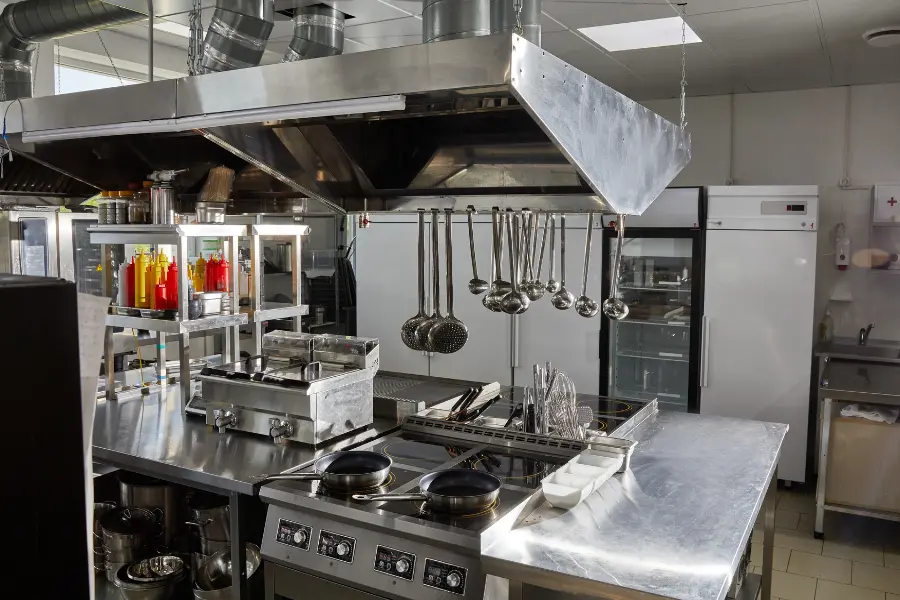
Commercial kitchens are among the highest energy-consuming areas in any hospitality operation. From ovens and fryers to refrigeration and ventilation systems, energy usage can quickly escalate. Inefficient equipment and poor layout can lead to unnecessary power consumption, higher utility bills, and increased greenhouse gas emissions—directly impacting sustainability in hospitality efforts.
For example, a hotel kitchen running outdated refrigeration units may use up to 30% more energy than modern, energy-efficient alternatives. Similarly, improper ventilation can lead to heat buildup, forcing HVAC systems to work harder, which increases energy costs and environmental impact.
Designing Kitchens for Energy Efficiency
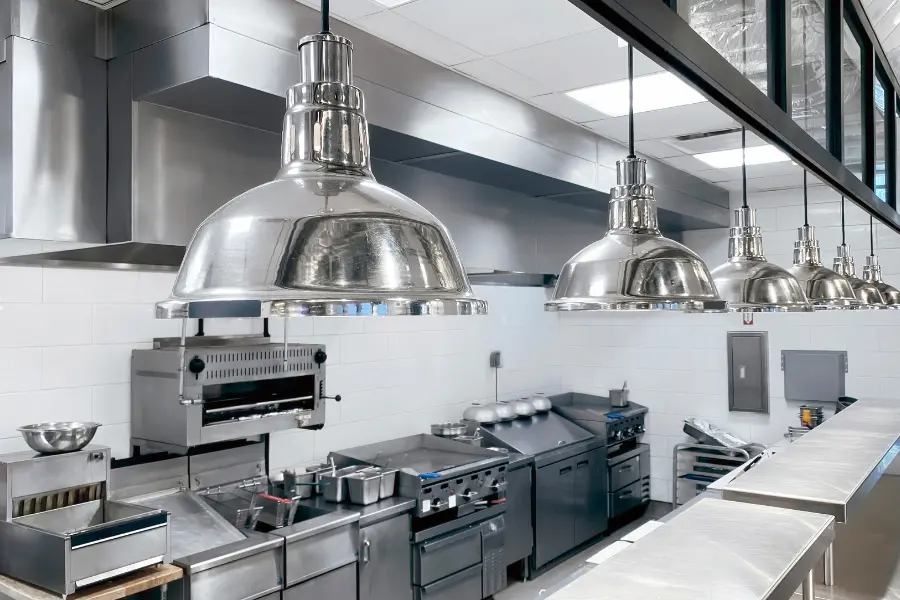
Smart kitchen design focuses on reducing energy use while maintaining high operational standards. Key strategies include:
- Investing in energy-efficient appliances: Modern ovens, refrigerators, and dishwashers consume less power while delivering better performance.
- Optimizing kitchen layout: Proper placement of equipment reduces unnecessary movement and heat buildup, allowing appliances to operate efficiently.
- LED lighting and motion sensors: These reduce electricity usage without compromising visibility or safety.
- Water-saving fixtures: Low-flow faucets and pre-rinse spray valves minimize water and energy use, particularly for hot water.
Implementing these measures helps kitchens achieve operational efficiency while supporting broader goals of sustainability in hospitality.
Operational Practices That Promote Sustainability
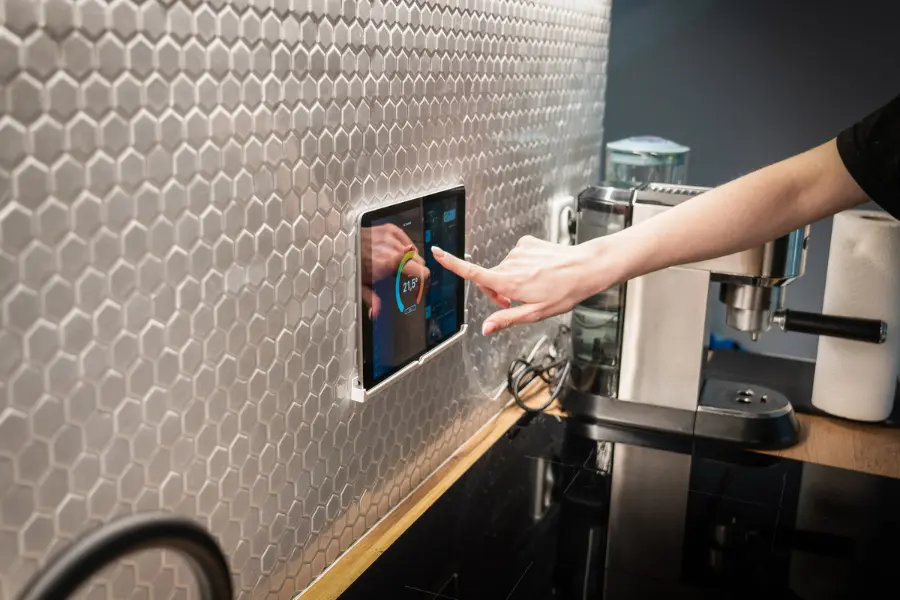
Beyond design, day-to-day operations play a critical role in advancing sustainability in hospitality. Staff training ensures equipment is used efficiently, lights are turned off when not needed, and refrigeration units are maintained properly.
Regular appliance maintenance prevents energy wastage, while smart scheduling—like cooking in batches or turning off underused equipment—reduces consumption further. Even simple steps, such as using lids on pots or defrosting refrigerators regularly, contribute to energy savings and a more sustainable operation.
The Business Case for Sustainable Kitchens
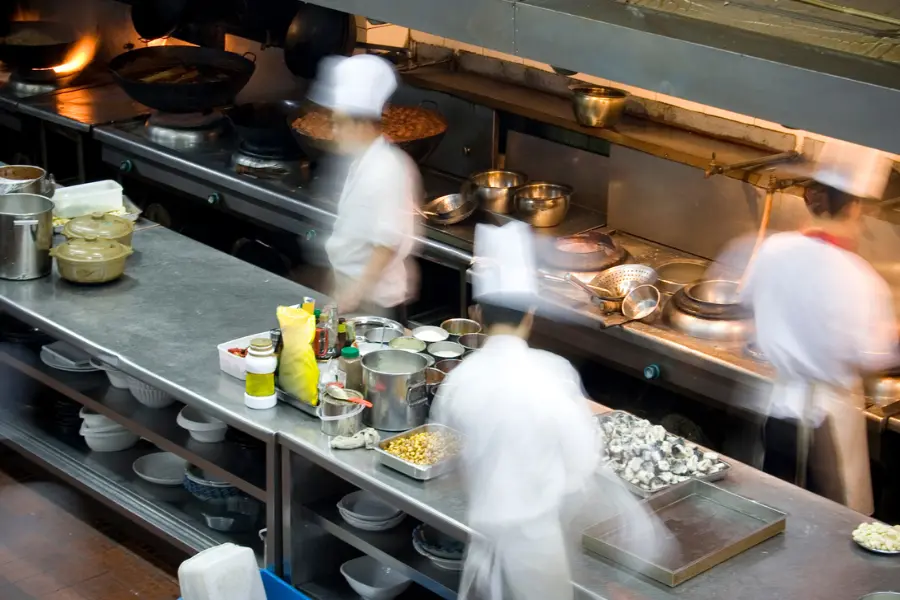
Energy-efficient kitchens are not just environmentally responsible—they are financially smart. Reduced energy consumption lowers operating costs, while visible commitments to sustainability in hospitality attract environmentally conscious guests.
Hotels and restaurants promoting green initiatives, like energy-efficient kitchens, often see increased loyalty, positive reviews, and stronger brand recognition. Sustainability is becoming a key differentiator in a competitive hospitality market.
Conclusion
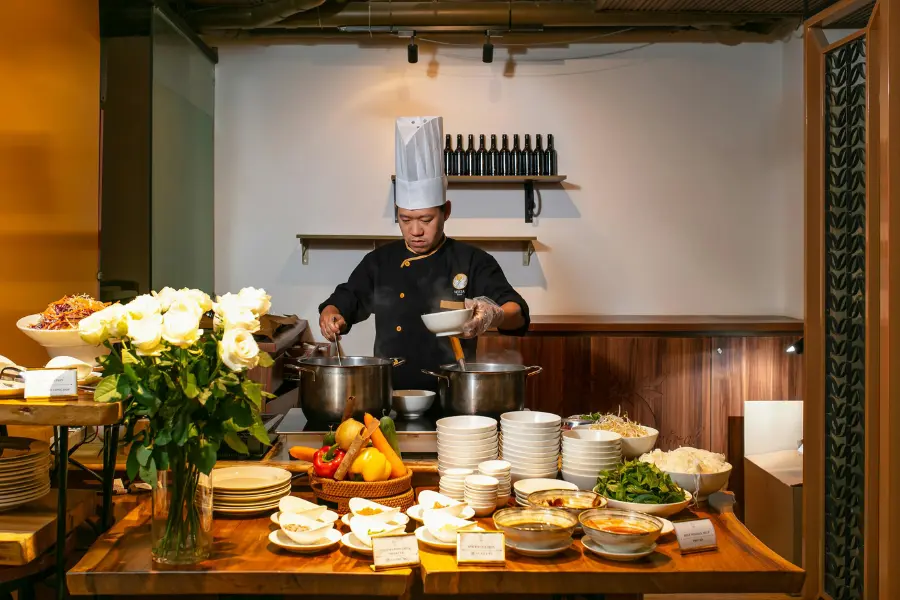
Energy-efficient kitchens are a cornerstone of sustainability in hospitality. By combining smart design, modern appliances, and efficient operational practices, businesses can reduce energy consumption, lower costs, and minimize environmental impact.
For hotels, restaurants, and catering services, embracing sustainable kitchen solutions is both an ethical and strategic decision—benefiting the planet, the bottom line, and customer satisfaction alike.